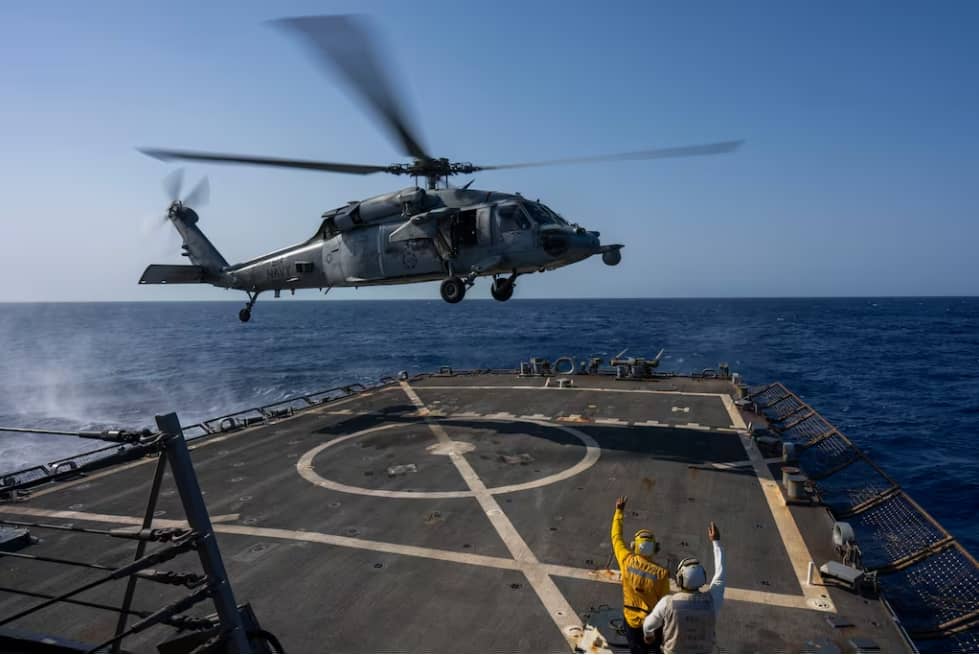B-52 Bombers Join US Military Buildup in Middle East

The United States has increased its military presence in the Middle East by deploying B-52 bombers. The move comes as a warning to Iran, which has pledged to retaliate against Israeli strikes.
The military assets were deployed to the Middle East on Saturday after U.S. Defense Secretary Lloyd Austin on Friday ordered the deployment of B-52s, a squadron of fighter jets, tanker aircraft and Navy destroyers to the region. The action follows mounting hostilities in the region, as Israel continues its conflicts with Hamas in Gaza and Hezbollah in Lebanon. Pentagon spokesperson Maj. Gen. Pat Ryder stated that the deployment is designed to strengthen U.S. deterrence capabilities, particularly as the USS Abraham Lincoln carrier group prepares to exit the area.
B-52 Stratofortress strategic bombers from Minot Air Force Base's 5th Bomb Wing arrived in the U.S. Central Command area of responsibility. pic.twitter.com/6mDs4n5G2u
— U.S. Central Command (@CENTCOM) November 2, 2024
Key elements of the deployment include B-52 Stratofortress bombers from Minot Air Force Base’s 5th Bomb Wing. These long-range, nuclear-capable aircraft have frequently been positioned in the region to signal U.S. resolve against potential aggression from Iran. B-2 stealth bombers were used to strike underground Houthi targets in Yemen last October.
The deployment decision follows recent Iranian missile strikes on Israel, including a major assault on October 1, when Iran launched approximately 200 ballistic missiles. These attacks caused damage across multiple Israeli military and civilian sites, marking Iran’s second missile strike on Israel this year.
Israel launched retaliatory strikes on October 26 targeting an Iranian military facility involved in missile production. Although Iranian authorities downplayed the impact, satellite images indicated substantial damage to ballistic missile manufacturing infrastructure and radar systems.
Iran has strongly condemned the bolstered U.S. presence. On Monday, Iranian Foreign Ministry spokesperson Esmaeil Baghaei criticized the deployment as a “destabilizing presence.”He asserted that Iran would remain resolute in its defense and that these measures by the U.S. would not alter its position. Iranian President Masoud Pezeshkian also reinforced Tehran’s defensive capabilities, stating that Iran’s missile forces act as a deterrent to potential attacks by Israel.
While Washington continues to push for cease-fires in Gaza and Lebanon, it maintains a firm stance on defending U.S. and allied interests in the region. Ryder affirmed that the U.S. is prepared to take any necessary measures if Iran or its proxies attempt to harm American personnel or interests.

